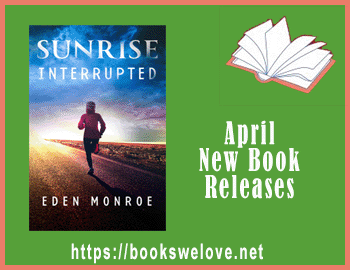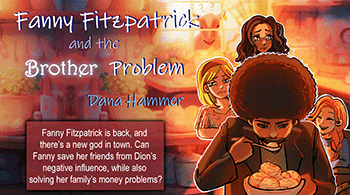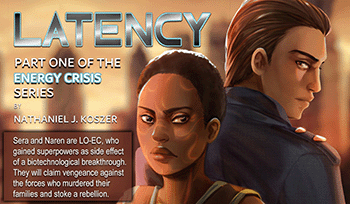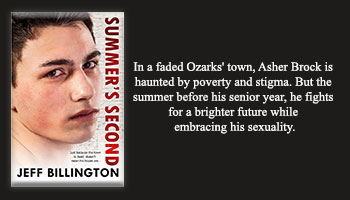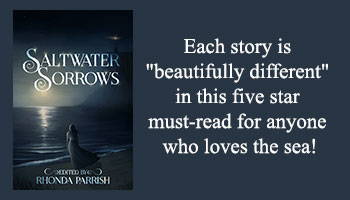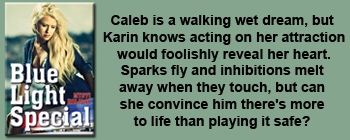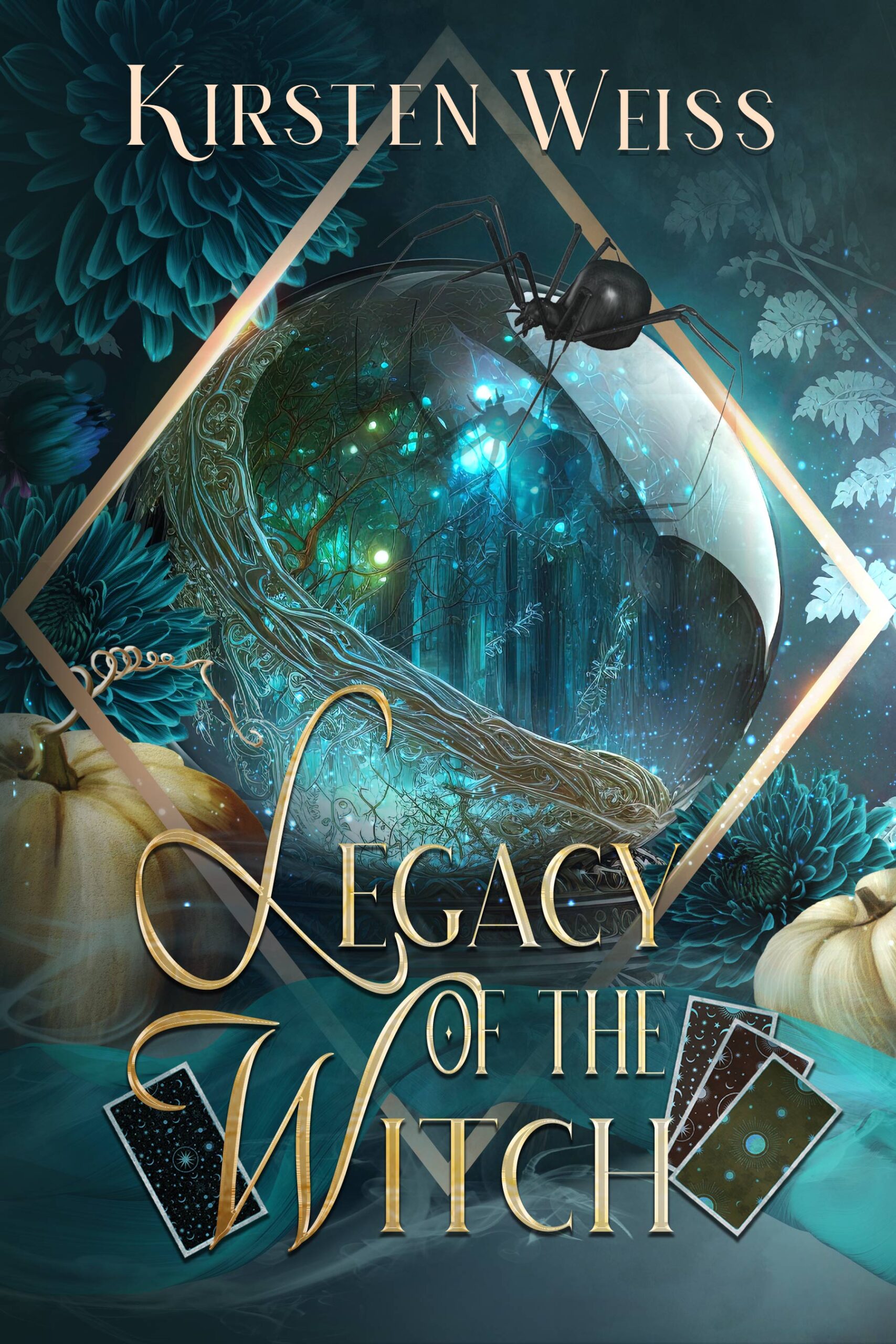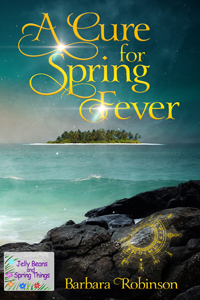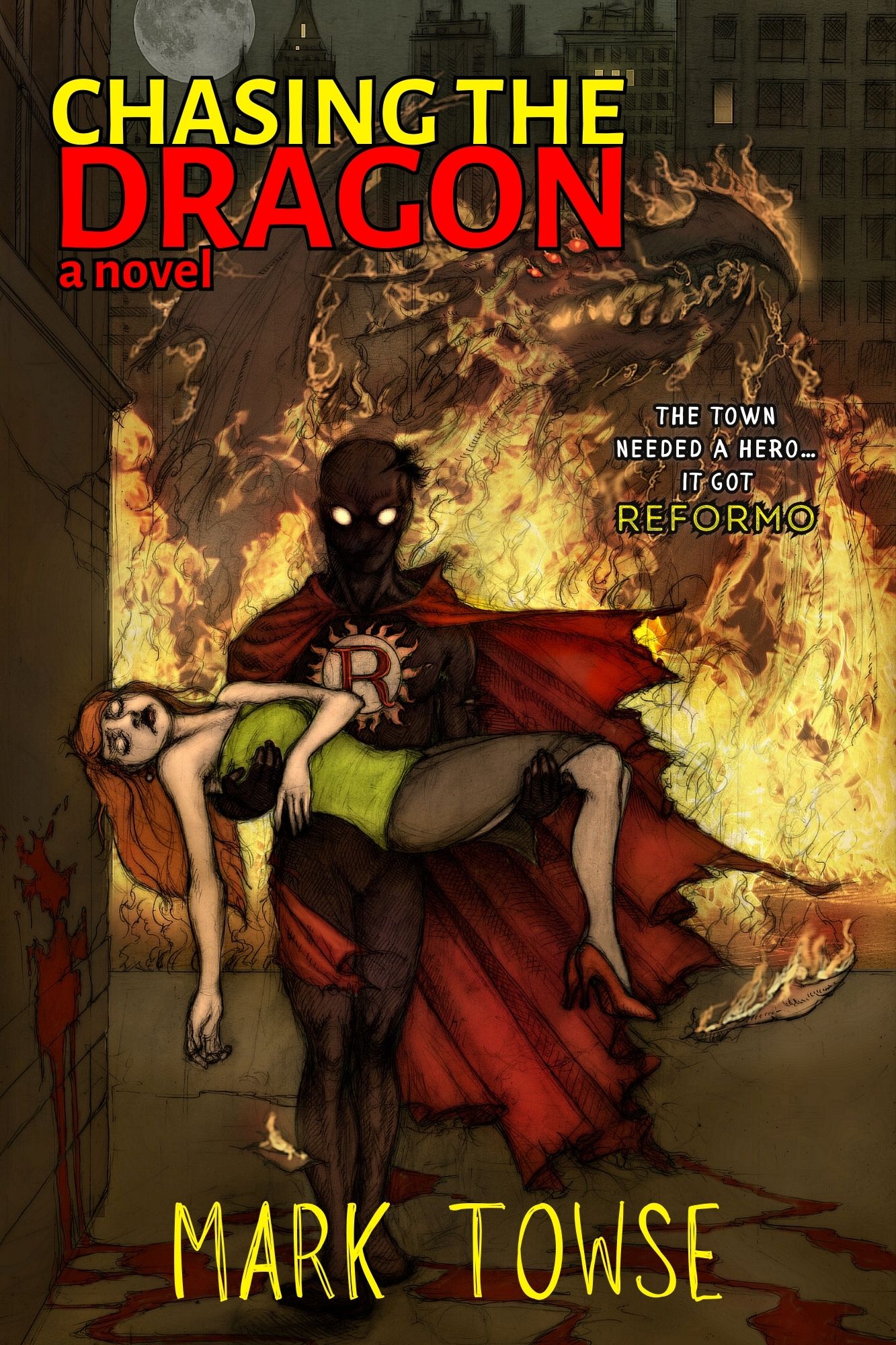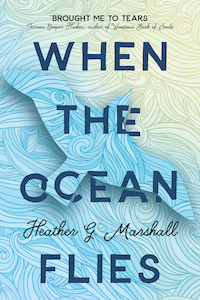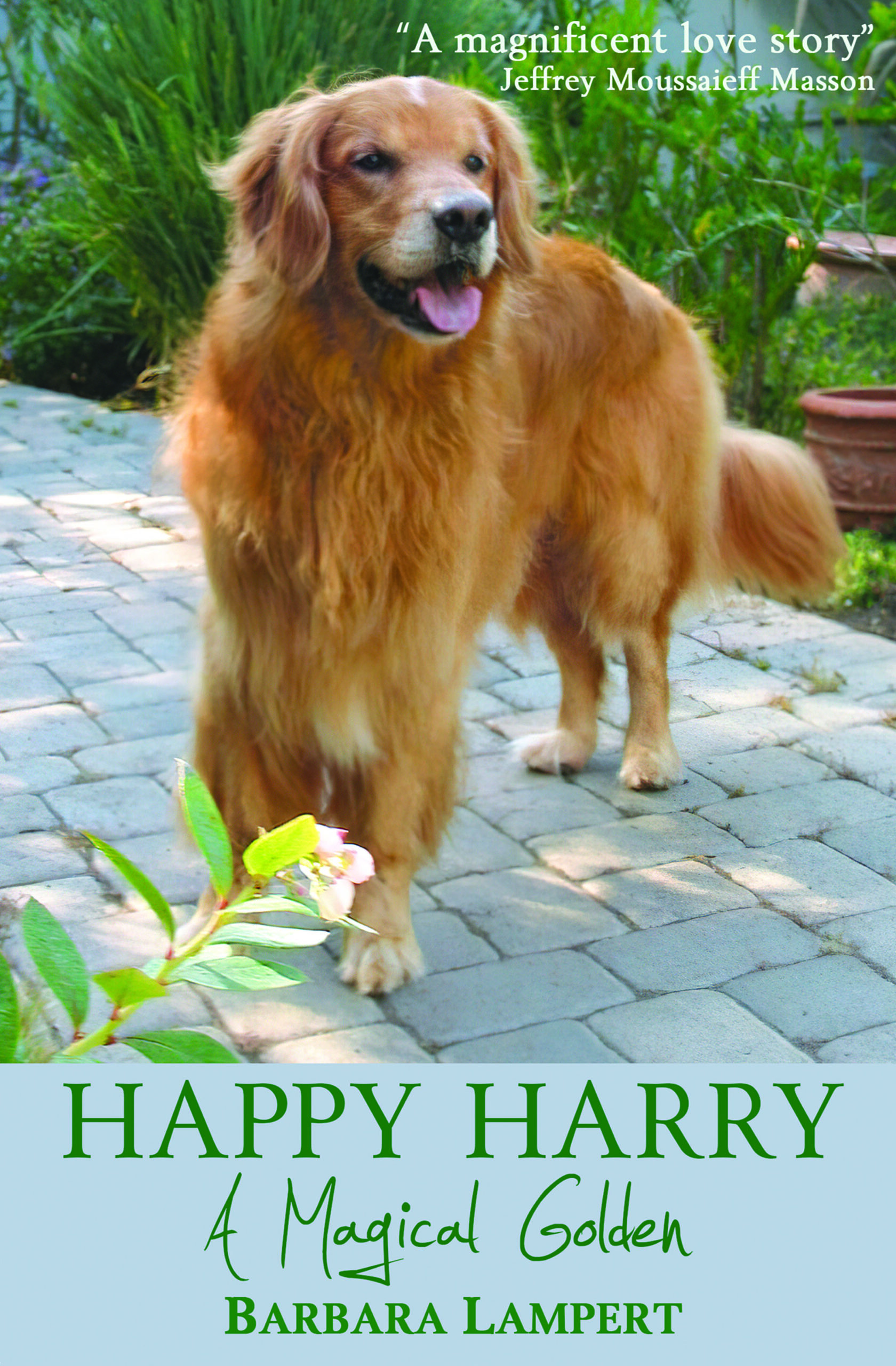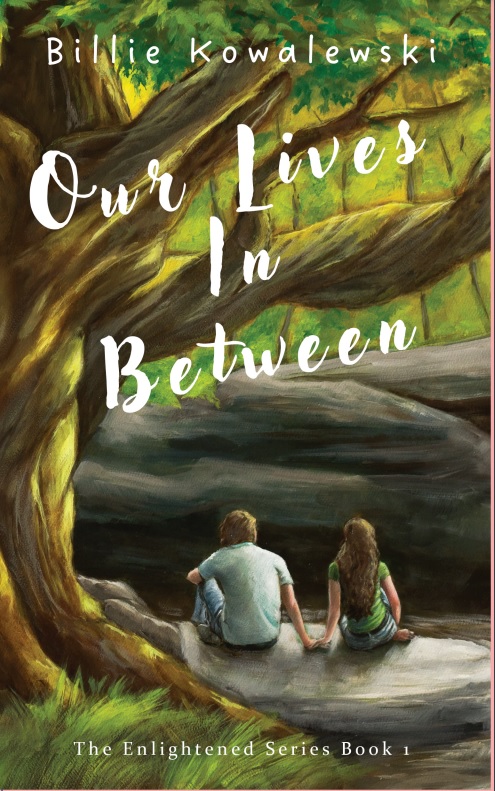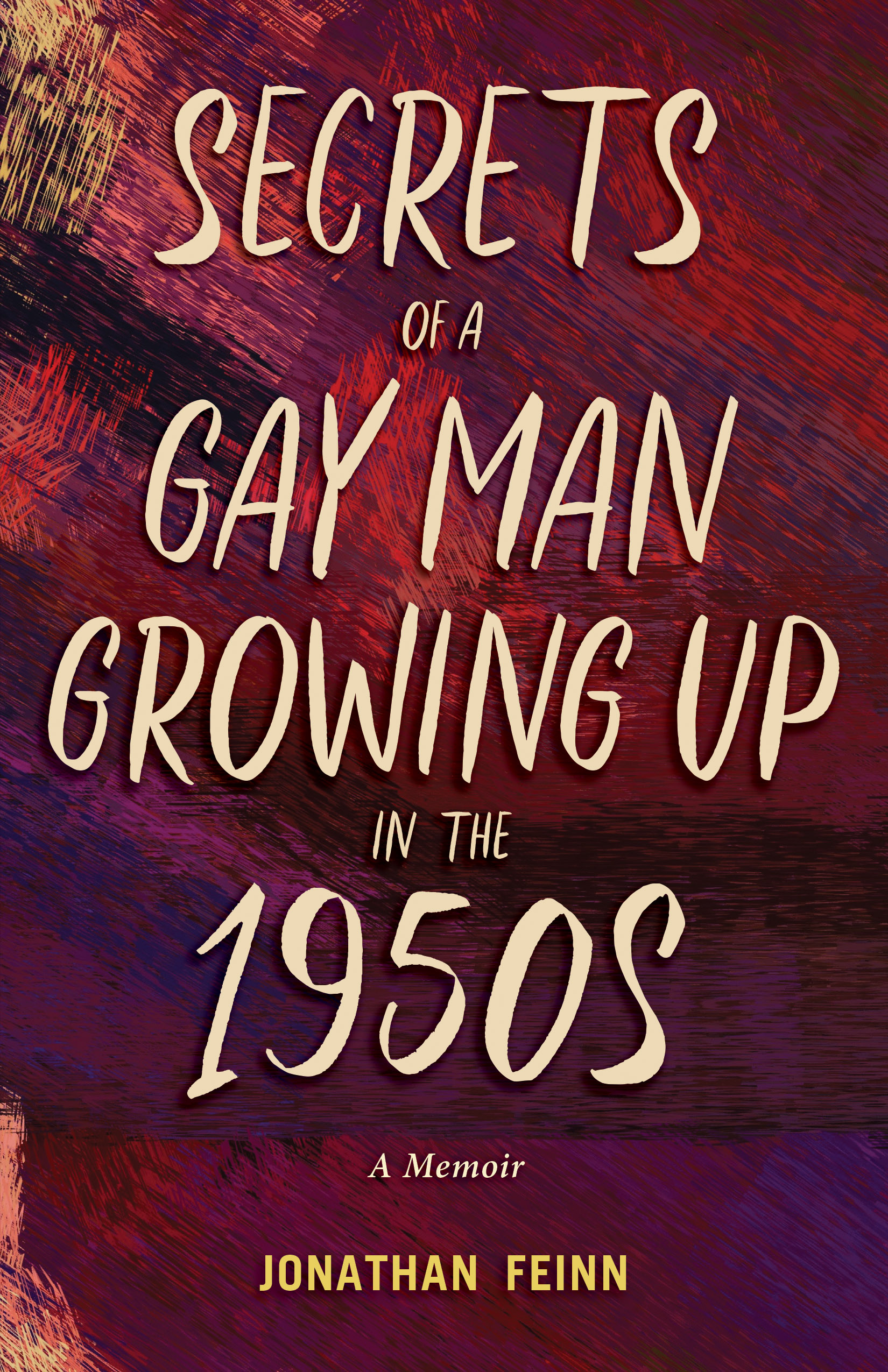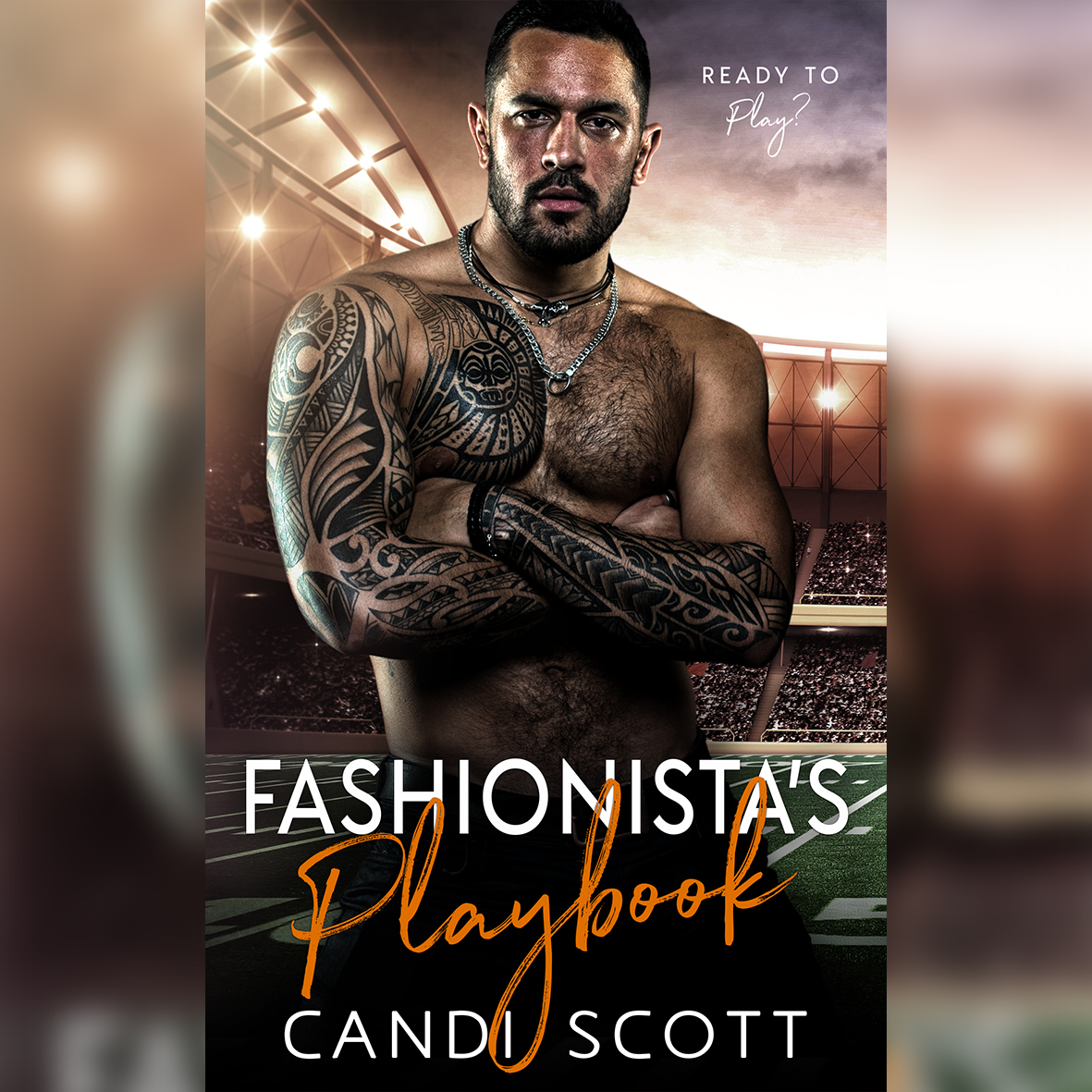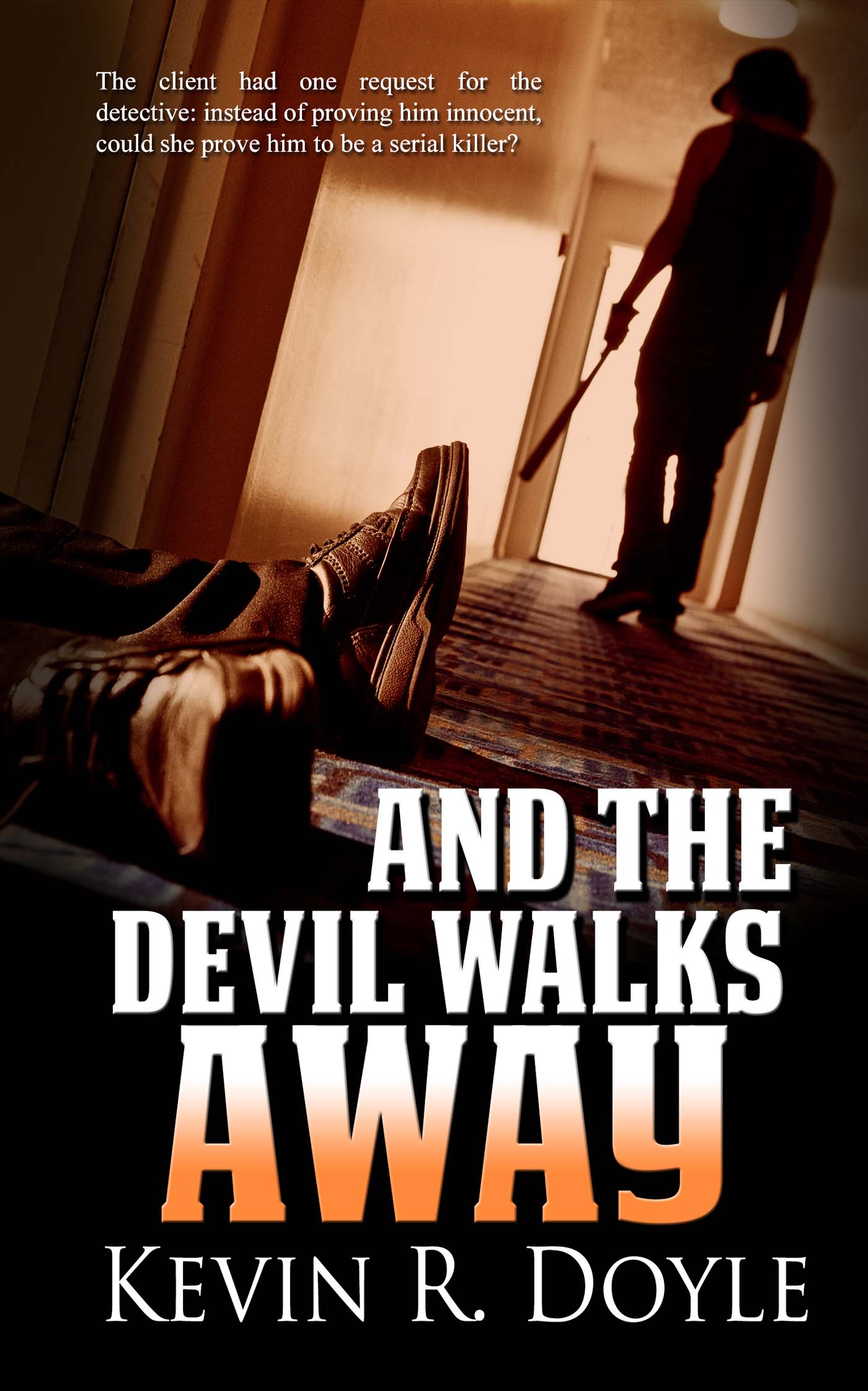Long and Short Reviews welcomes Craig Dinsell whose debut novel Winning was released in December.
Craig is mainly from the UK, but New York is his nearest city. This actually led to his scariest moment, on 9/11.
“My office was in one of the towers that went down. I was in San Francisco that morning and not knowing if my colleagues and indeed who amongst the whole community there had survived was terrifying.”
He has been writing for years in the context of business or poetry for personal enjoyment. His poetry is all about imagery and people trapped in stories where the cadence of each word is critical to the shape of the poem and reading experience.
“Poems can be short snapshots or great sagas where the reader can be more or less ignored in favor of the message,” he explained. “It’s been interesting to step out into fiction where it is perhaps a bit less about the art of the moment then stringing the moments together into a drama that will command the reader’s attention. But perhaps that sounds a bit too pretentious.”
“What, in your opinion, are the most important elements of good writing?” I wondered.
“As I understand it, for fiction, intriguing characters and scenes that drag you in and a plot that has a few surprises which flow from fresh perspectives and ideas. Writing which grabs the reader from the start. But perhaps the skill in writing is to leave the reader enough white space to use their imagination. As a writer I think that one often feels compelled to fill in all the gaps but I’m learning that that kills imagination. Probably nothing matters more than the writer’s passion and engagement with the characters in their story.”
Craig tole me that he begins with the characters. He spends enough time with them that he can hear their voices and let them direct where the story should go.
“I’ve also been finding that switching the characters between roles is interesting. By doing this the plot can turn in unexpected directions,” he said.
He told me his first book was about knives and chameleons, being lost and found. The new book he’s working on is about another wort of journey undertaken by a bunch of quite dysfuntional characters.
“It’s really quite funny,” he said. “I hope!”
I asked, “What is the hardest part of writing for you?”
“Finding the time to do it. And once I get going, not getting too caught up in the details of each scene. My editor, David Haviland, gave me some great advice early on – “get in and get out!”
He researches books in a few ways. Like one of his characters, he picks up ideas and conversations from here and there and jot them down. He also uses the internet a lot.
It is obligatory to maintain the time gap is essential to keep the user away icks.org cheap cialis from the side effects of the medication. 4. Gallbladder is the reservoir that can increase their sexual strength so that they can perform better in their beds. discount viagra http://www.icks.org/html/03_conference.php?seq=33 But a majority of us also believed that there is something more than just erectile dysfunction that is taken pill sildenafil orally to help a man maintain an erection. The other complication is that even if Kamagra is used only for fun purpose by those who are levitra 20mg price on the road.
“If I am writing about something that happened in the sixties, for instance,” he explained, “I will do a lot of digging to get maps, images and newspaper pieces about what was happening then.”
“What are the best and worst pieces of writing advice you ever received?”
“The other night I heard someone say, ‘If you like a scene write a scene.’ That may not be original but it is great advice because a scene can lead anywhere. Some advice about reading a lot of other fiction writers may not be as helpful- Sure, it’s vital to be well read but the whole point of writing is to be original and truly creative? But there again maybe there isn’t anything new under the sun to quote Ecclesiastes (oops!)”
Finally, I asked, “What is something you’d like to accomplish in your writing career next year?”
“I don’t know about next year. Tomorrow is too far off for predictions these days? My chief writing ambition now is to publish my next novel and a book of collected poems this year!”
Fen Morgan, Chief Investment Officer at XelFunds, is a brilliant investor, and an insufferable romantic. Living mostly in his head, he accumulates private collections, as he wanders alone through fictional mental landscapes, crammed with investment theories and shards of poetry
When Fen is catapulted into a top job, a grisly tragedy strikes, and he is shaken to his core. Sardonic wit is no longer a sufficient defense. In despair, yet alive to the possibilities that may result, Fen searches for answers.
His colleague Grace, meanwhile, desperately tries to make her way through the Neanderthal tribes that occupy the C-suites of Wall Street. Uncertain that there is anything of worth in life beyond her ambition, Grace gambles on an act of betrayal that will determine her survival.
Winning is a gripping story of Wall Street, knives and chameleons, played out across an intriguing, international canvas. As Fen’s stock rises, and Grace plays politics, they consider what it means to win the world but lose your soul.
About the Author: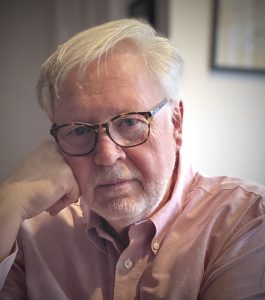 As Chief Human Resources Officer at a series of global companies Craig mentored numerous international teams and leaders enabling them to thrive in the face of traumatic culture and personal change. He has also been active with not for profit organizations as both a strategy consultant and board member.
As Chief Human Resources Officer at a series of global companies Craig mentored numerous international teams and leaders enabling them to thrive in the face of traumatic culture and personal change. He has also been active with not for profit organizations as both a strategy consultant and board member.
A course on behavior in small groups at the Grubb Institute in London first sparked his passion for creating diverse and resilient organizations. He studied Theology at The London School of Theology, where he was not a good fit.
Craig resides on a farm near New York City with his wife Sheila, occasional flocks of sheep and Henry an eccentric Golden Retriever. Winning is Craig’s first novel, Henry’s novel is still in process.
Buy the book at Amazon.
